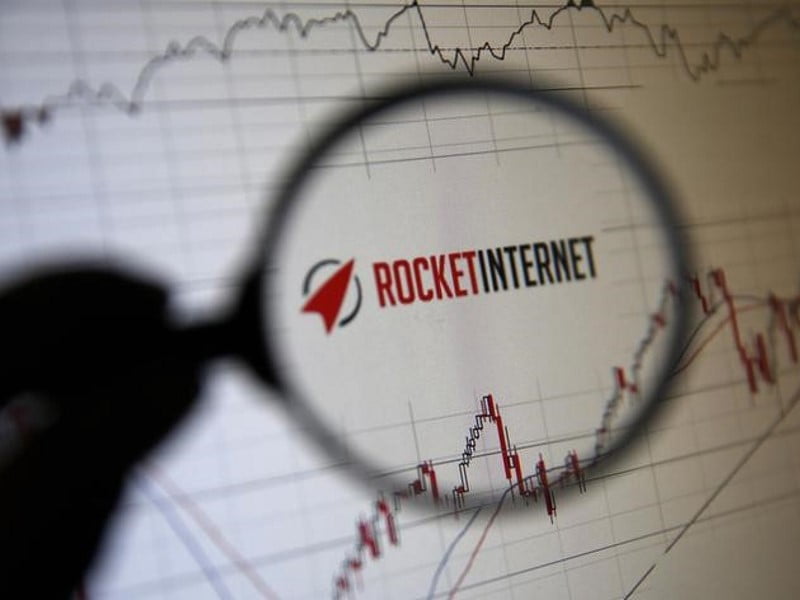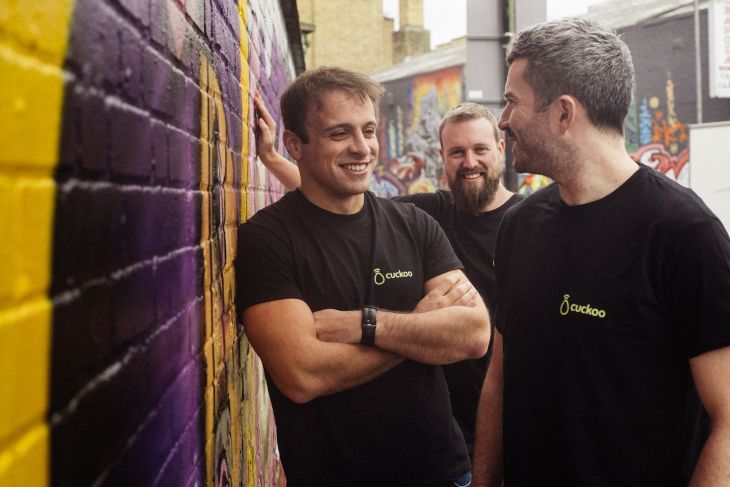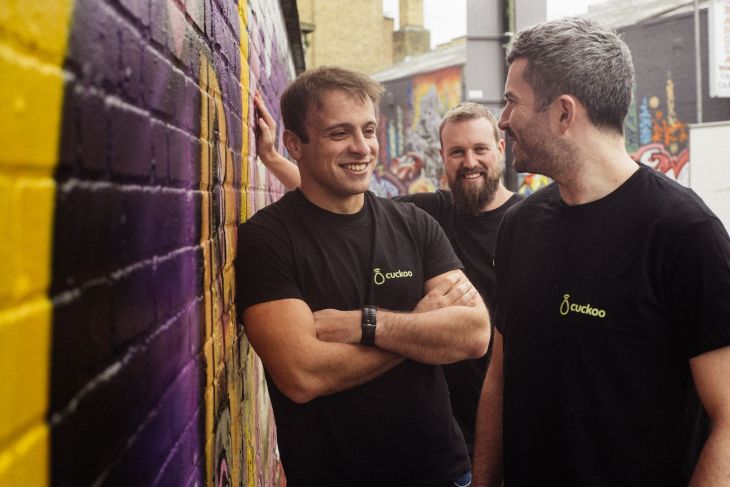To see how startup life has gotten harder, look no further than 360fly Inc.
The Pittsburgh-based startup, which makes an orb-shaped camera that captures 360-degree video, began hitting up venture capitalists for funding last year just as these investors were pulling back on new deals and slashing valuations of many existing ones.
Add in rising competition from a swarm of other camera makers and a stumbling publicly traded rival in GoPro Inc., and the result was a financing round with many of the hallmarks of a sector undergoing a painful adjustment.
360fly said Thursday it raised $40 million from private-equity firm Catterton Partners, Hydra Ventures, the corporate venture arm of Adidas AG, and existing investor Qualcomm Ventures. The deal valued the startup at about $105 million, the same as the last round nearly two years ago, according to VC Experts, which tracks more than 18,000 private companies and their financing.
The terms in this round stipulated that investors will be paid 1.5 times the amount they invested — before employees and other common shareholders — if the company is sold. If the value of the company in any future financing event falls below the latest value, the investors will get extra shares to ensure they lose no money, diluting earlier backers who don’t have the same provision, according to a company filing reviewed by VC Experts.
“These (terms) are harsh. Much harsher than we usually see,” said Amanda Akin, an analyst at VC Experts.
360fly disagreed with the data provided by VC Experts, but declined to provide additional details. Still, 360fly Chief Executive Officer Peter Adderton said it was challenging to raise the round.
“Were the terms the same? Of course not,” said Adderton, adding troubles at GoPro and Fitbit Inc. influenced investor perception of 360fly. “But it’s not a down round.”
Adderton’s philosophy contrasts with advice Benchmark Capital General Partner Bill Gurley and some other VC investors have been giving startups recently: Accept clear terms, even at lower valuations, to make future fundraising and acquisition offers easier.
“Taking a terms-laden deal is like starting the clock on a time bomb. Your only option is to hit the IPO window as fast as possible,” Gurley wrote in an April blog post. “Otherwise, the terms will eat you alive.”
The new money for 360fly, which brings total outside funding to $57.8 million, will be used to market its new 4K camera, available in stores like Best Buy and Target at the end May. The company also plans to invest in research and development with an emphasis on machine learning.
Spun out of Carnegie Mellon University in 1999 with the name Telemersion LLC, the startup raised venture backing and renamed itself 360fly in 2014. With a staff of 70, 360fly has deals to integrate its cameras into Giro and Bell sports helmets.
Other startups like LucidCam Inc. and Bubl Technology Inc. also make 360-degree cameras as do more established companies, including Samsung Electronics Co., LG Electronics Inc., Ricoh Co., Nokia Oyj and Nikon Corp. All those companies either have cameras out now or will in the next few months.
Startups like 360fly may have a tough time standing out in this crowded field, analysts said.
“It’s hard to build confidence in this space, and it will be even harder for startups,” said Stephanie Llamas, director of research at SuperData Research. “People have a lot more trust in companies they already know.”











 Tim Junio knew as a high school student that he wanted to join the CIA. He even wrote as much in his college application to Johns Hopkins University, where he would go on to nab both his undergraduate and master’s degrees before heading to the University of Pennsylvania to complete his PhD. (Hungry for more education, he then spent a year at Stanford on postdoctoral research.)
Tim Junio knew as a high school student that he wanted to join the CIA. He even wrote as much in his college application to Johns Hopkins University, where he would go on to nab both his undergraduate and master’s degrees before heading to the University of Pennsylvania to complete his PhD. (Hungry for more education, he then spent a year at Stanford on postdoctoral research.) Customers like what it’s selling. Subscriptions start at $250,000 per year and reach in some cases to more than $1 million annually. You can’t get away with those prices if your product doesn’t work.
Customers like what it’s selling. Subscriptions start at $250,000 per year and reach in some cases to more than $1 million annually. You can’t get away with those prices if your product doesn’t work.